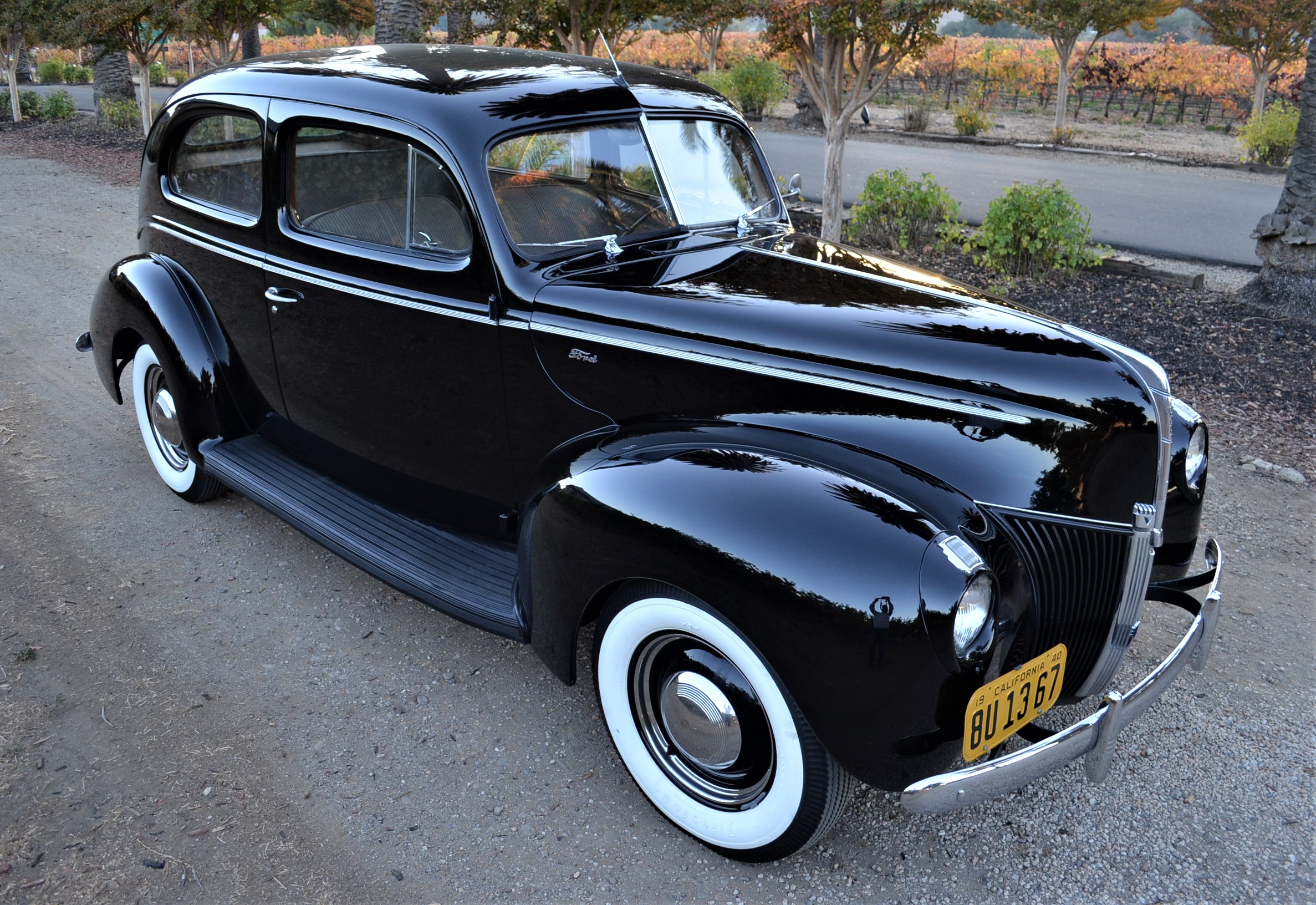Jayden Perry Desma 9 - Blog 3
Blog 3
Throughout history, the importance and improvements of machines have shaped out world. Stated by Professor Vesna in the Intro Video, “everything that we do [is] related to manufacturing” (Vesna 0:21) and the process of mechanization. We can date the earliest popularized stage of mechanization to Gutenberg and the printing press. The printing press allowed for knowledge, ideas, and books to be spread at ease, creating the shift of work becoming more machine based. Before the printing press individuals would barely print up to 40 pages a day, compared tp 1,600 pages printed a day with the use of machines. Production and reproduction of pieces was also seen in art, as any art piece could be reproduced and look exactly like the original. Douglas David in The Work of Art in the Age of Digital Reproduction stated how, “any video, audio, or photographic work of art can be endlessly produced.”(David 382).
Following the printing press, household appliances, office tools, cars, AC systems, etc were created which changed the ways we lived our everyday lives. The mechanization process opened the door for mass production of goods and appliances. Walter Benjamin talks about the effects of mass production due to mechanization in his work titled, The Work Of Art In The Age Of Mechanical Reproduction. Benjamin states how “mass production systems influence culture, art, and the way we work in general.” (Vesna 12:49).
As stated in Lecture 1, the printing press was the, “beginning of assembly line production,”(Vesna 1:47) which gave way to Henry Ford in 1940 and the creation of cars through assembly lines. This process ultimately resulted in workers becoming alienated from their work, and as said in Lecture 2, “workers were treated like they were apart of the machine (Vesna 1:28). While this was a troublesome feeling feeling for workers in the assembly line, individuals who bought these goods were pleased as items and goods were cheap and very easily accessible. Therefore, the mechanization and shift towards industrialization definitely has its pros and cons.
With items being cheap and easily accessible, people of all incomes were able to get their hands on popular goods, which mass production made possible. A major con of the shift towards mechanization and mass production is that all authenticity was lost. Walker Benjamin stated how, “the technique of reproduction detached the reproduced object from the domain of tradition” (Benjamin 1), meaning our culture, values, and traditions become altered. An item or idea isn’t seen to be as valuable as it once was because multiple copies and variations can be made. In addition, the advancements of technology through mechanization lead to jobs of humans being taken away because it is cheaper and more efficient for a machine to do a job.Resources
“1940 Ford - Frame Off Restoration - Original California Car.” Classic Cars LTD, https://classiccarsltd.com/vehicles/1940-ford-restored-california-car/ . Accessed 19 Apr. 2023.
Benjamin , Walter. “The Work of Art in the Age of Mechanical Reproduction.” 2018, https://doi.org/10.4324/9781912284894.
Davis, Douglas. “The Work of Art in the Age of Digital Reproduction (An Evolving Thesis: 1991-1995).” Leonardo, vol. 28, no. 5, 1995, p. 381., https://doi.org/10.2307/1576221.
“Encyclopædia Britannica, First Edition, Art: Printing Press.” Encyclopædia Britannica, Encyclopædia Britannica, https://www.britannica.com/technology/printing-press. Accessed 19 Apr. 2023.
Kaya, Kayahan. “Robots Replacing Mankind. Machines vs Humans. Factory Workers Protesting Machines.” Dreamstime, https://www.dreamstime.com/machines-vs-humans-robots-replacing-mankind-factory-workers-protesting-image128517360 . Accessed 19 Apr. 2023.
Vesna, Victoria. Industrialization, Robotics, Kinetic / robotic art. Accessed 19 Apr. 2023.
Vesna, Victoria. Robotics Intro. YouTube, UC Online, https://youtu.be/dJcPtv7tnKY . Accessed 19 Apr. 2023.
Vesna, Victoria. Robotics Part 2. Accessed 19 Apr. 2023.



Hey Jayden,
ReplyDeleteI agree with what you mentioned about the process of mechanization and how it has shaped the world today. I think that the first image you shared not only displayed how far we have come industrially, but also demonstrates the idea of the assembly line as well. I felt that it was really important that you mentioned that. Because of these higher production numbers workers began to feel like apart of the machine. It's interesting to see how far we've come! Nowadays machines are so advanced that human labor would only slow production down. Great Blog Post!
Hi Jayden,
ReplyDeleteI completely agree with your ideas about how mechanization has led to a loss of authenticity. Your ideas about how when things are excessively replicated they lose importance to us as a society. This is something I have not considered before but I have noticed is very true. This is also noticiable when it comes to trends. Once something has been overdone, people want to move away from that. Thank you for sharing.